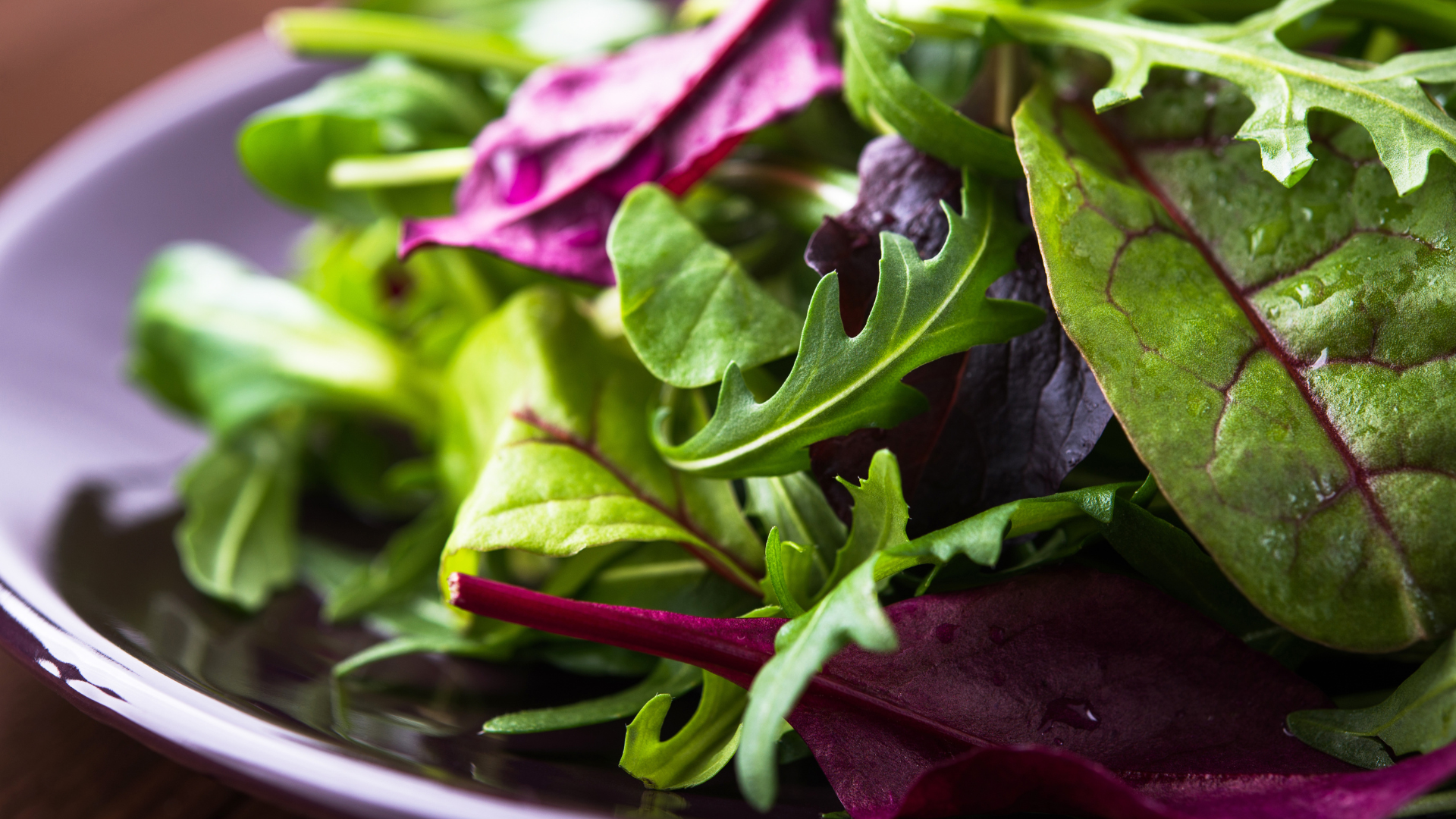‘Organic’ has been a buzzword in healthy, sustainable eating for decades, but there is surprisingly little consensus on what the word actually means. The rules for organic certification vary throughout the world; in Asia and the United States, vertical farms can be and have been certified as organic, but in the European Union, organic certification is reserved for crops grown in soil – which rules out the hydroponic and aeroponic techniques used in most vertical farming.
However, if we look at the guiding principles of natural organic food, we find a lot of crossover with what we do at The Clean Food Company. Organic farming is essentially an agricultural system that emphasises sustainability, food security and health and prohibits the use of synthetic fertilisers and pesticides. The ultimate aim is to produce high-quality food in a way that benefits plants, people and the planet.
There are also a number of ways in which vertical farming is arguably superior to organic growing. Firstly, the yields from organic farming are about 80% of those from conventional agricultural methods, meaning that it takes up more much-needed fertile land and encourages agricultural sprawl. One of the most significant benefits of vertical farming is the proportionally huge yields that can be produced from a very small square footage. Secondly, researchers who have examined the consequences of UK food production going completely organic concluded it would actually increase greenhouse gas emissions, whereas indoor farming can reduce carbon emissions by up to 70%. Thirdly, whereas organic farming does permit the use of certain pesticides like neem and pyrethrin, the technology we use at The Clean Food Company eliminates any threat from bugs or diseases and thus the need for any kind of pesticide. Our soilless technology and completely controlled growing environment mean that produce is ready to eat from the moment it’s picked and doesn’t even require washing.
There is a longstanding narrative of a binary moral choice between organic farming (good) and traditional agriculture (bad), but this division is looking increasingly crude and unhelpful. Organic growing will always have its place, but new agricultural technologies like aeroponics and vertical farming now have a crucial role to play as well. If we are to feed a booming global population in a healthy and sustainable way, we need a fresh approach.
